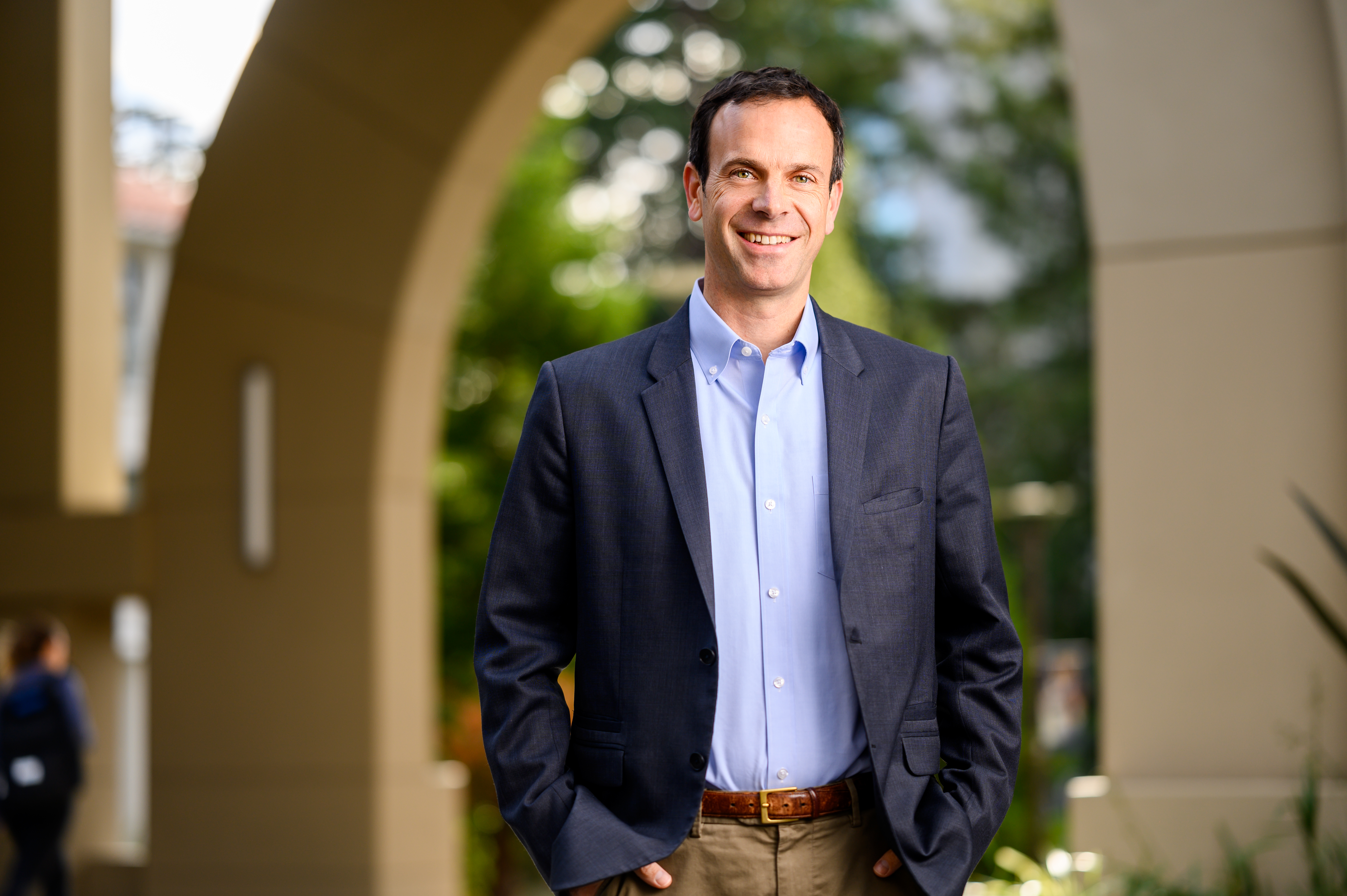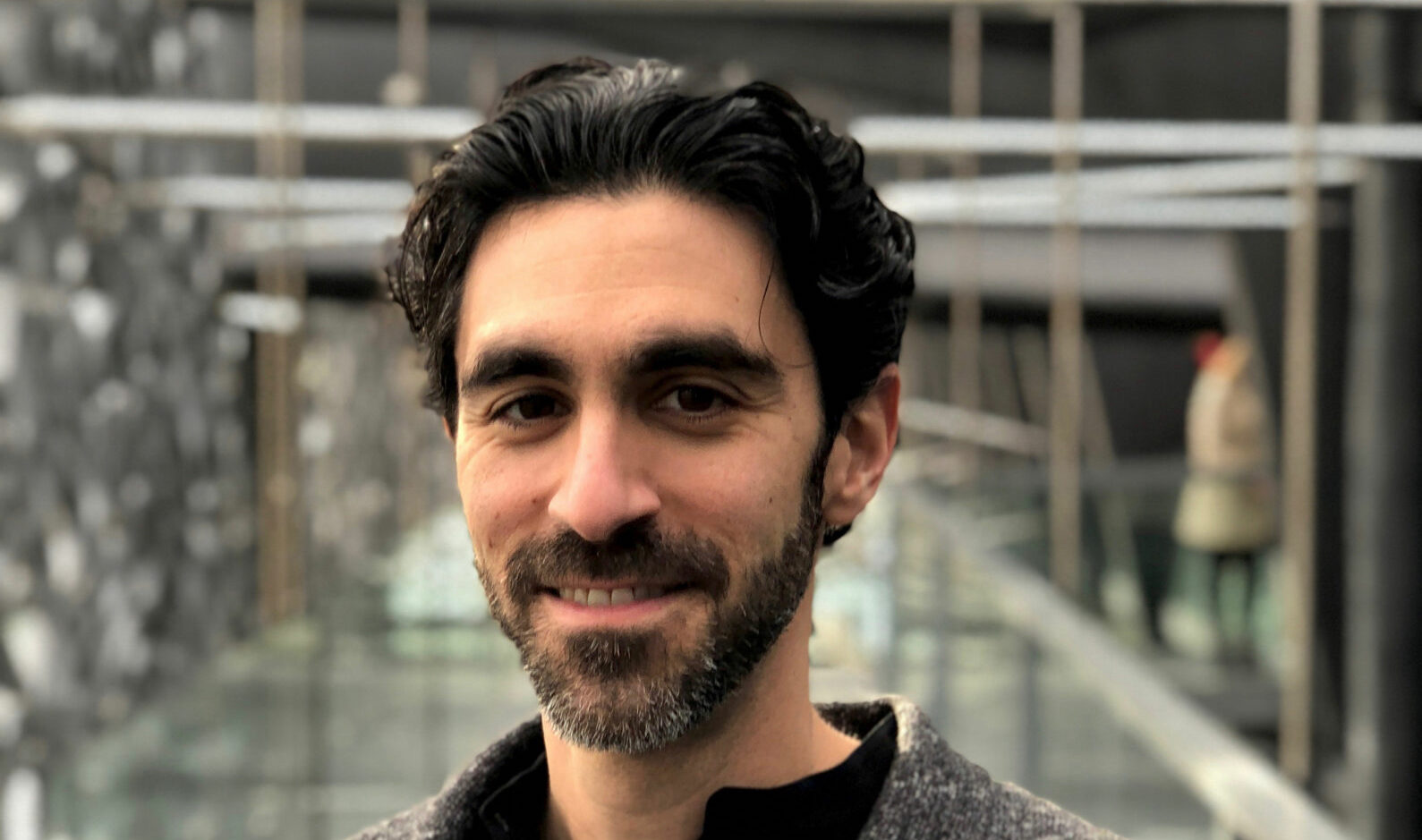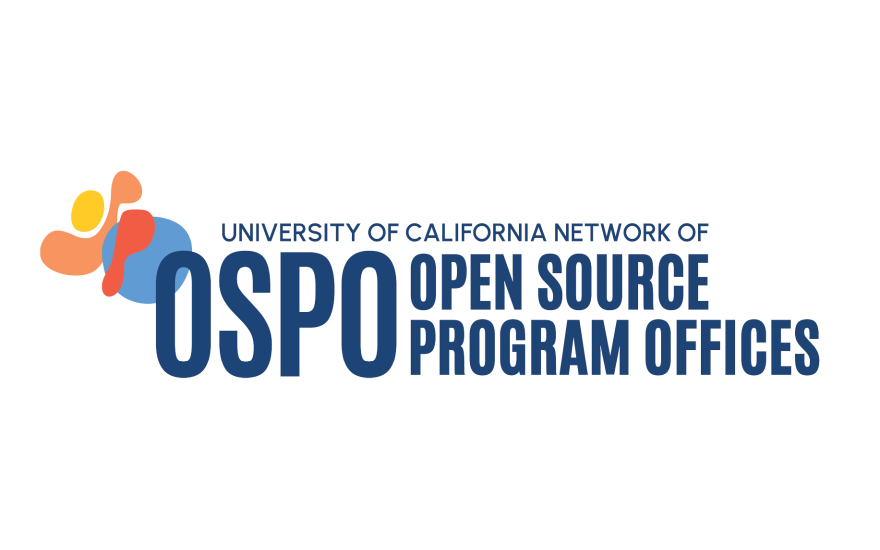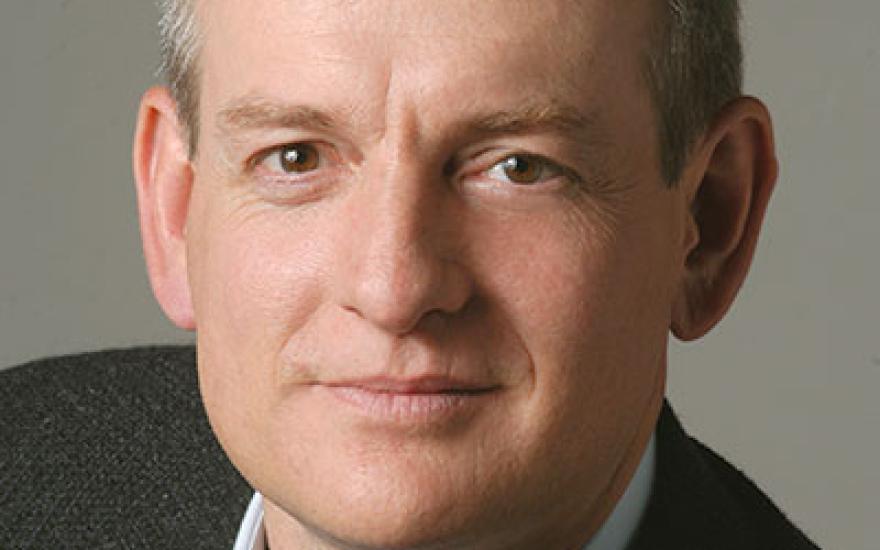UC Berkeley experts are developing a trailblazing infrastructure to translate cutting-edge AI and behavioral economics healthcare research into powerful real-world advances in patient outcomes and drastically reduced medical costs.
The Center for Healthcare Marketplace Innovation, announced today by the College of Computing, Data Science, and Society and the Haas School of Business, will act as a force multiplier for top-tier technological innovation and economic insights. Developing and using the research on healthcare innovation incentives will lead to the creation and deployment of interventions that meaningfully improve public health.
Artificial intelligence (AI) is widely expected to transform healthcare. The new Berkeley center aims to play an essential role in ensuring those innovations benefit the public. AI tools could enhance care quality by, for example, helping triage patients in emergency rooms, diagnosing diseases and coaching clinicians. These technologies can also help reduce the 15 to 30% of health care spending that goes towards administrative functions each year, said Jonathan Kolstad, the center’s faculty director. That means up to $250 billion less in annual spending and more time focused on improving patient care. Still, this moment also carries risk.
“AI is going to be central to healthcare delivery in 10, 15 years from now,” said Kolstad, a professor of economic analysis and policy at Berkeley’s business school. “We're at this inflection point. By understanding the technology, the systemic incentives and the human abilities in the healthcare system, we have a tremendous opportunity to help shape those dynamics."
“I think it matters whether and how those tools get built to actually enhance care delivery and help patients, and whether they are built in equitable, ethical ways because they're started in places like Berkeley,” he said.
The center’s faculty are the right experts to lead this charge. Kolstad and faculty affiliates like Ziad Obermeyer are already award-winning academics in their respective fields, founders of healthcare innovation startups, and experts called upon by California and federal leaders to inform healthcare policies and regulations. Obermeyer is an associate professor at Berkeley’s School of Public Health.
This expertise enables them to build unique research and data resources and foster interdisciplinary incubation and industry and policy collaborations. Berkeley’s all-around excellence amplifies their potential impact. With connections to ambitious initiatives like the UC San Francisco-UC Berkeley Joint Program in Computational Precision Health and the open platforms initiative recently launched by CDSS, the new center can support other leading thinkers in moving their research from breakthrough papers into impact for public good.
“Berkeley’s leadership in disciplines across computing, public health and economics and dedication to making real-world impacts make it the obvious home for this exciting initiative,” said Jennifer Chayes, dean of the College of Computing, Data Science, and Society. “The Center for Healthcare Marketplace Innovation will enable those at the intersection of healthcare economics and policy to join together with clinical and computing researchers to redefine success in healthcare outcomes.”
“Harnessing AI to make our healthcare system work for people and ensure patients get better care requires a truly interdisciplinary approach,” said Ann Harrison, dean of the Haas School of Business. “I am very excited to see some of Berkeley’s great minds and cutting-edge resources come together at the new Center for Healthcare Marketplace Innovation.”
The center’s foundational development was made possible through a generous philanthropic donation by an anonymous thought partner. CHMI will be housed within the Institute for Business Innovation at Berkeley Haas.
A ‘bench-to-product’ runway
As society shifts to a new era of healthcare where AI plays a larger role, understanding human decision-making will remain central to discovering and applying useful solutions. The center aims to connect expertise in behavioral economics with the advanced research and development being executed at Berkeley to help develop healthcare solutions that people and companies want and will harness.
The center will focus on three pillars: conducting research to advance the science of innovation incentives in healthcare; encouraging interdisciplinary collaboration on projects and solutions; and partnering with healthcare providers, insurers, government agencies and others to test and refine the novel interventions.
Kolstad hopes this will be the “bench-to-product runway” that the increasingly technical and interdisciplinary AI, computer science and behavioral science need to be translated from research into impact.
“There's a lot of really cool computational stuff happening, but it's being built with very little understanding of the actual function of the healthcare system – of the complicated incentives of what it would take to have an algorithm, a prediction model, a solution be deployed to really change either healthcare outcomes or costs,” said Kolstad. “This kind of center that works to bridge these mechanisms can be very, very influential.”
Obermeyer’s work offers a blueprint of what the center’s impact could look like in practice. Through his research, Obermeyer found there was a need to improve physicians’ diagnoses of a patient’s probability of heart attack, an action that can trigger tests and other urgent care. Working with a major healthcare system, he developed an algorithm that could support doctors in emergency rooms as they screen patients and make crucial life or death decisions.
But will that algorithm work in practice? Obermeyer intends to find out. He’s now conducting randomized trials to see if the machine learning method he developed for an academic paper can become a real-world medical solution used in emergency rooms.
“We're seeing so many papers come out in this area. I don't think we've seen the impacts we want to see from those academic projects,” said Obermeyer, an affiliated faculty member of the Computational Precision Health program. “I think it's because of that different skill set and because of the difficulties of translating academic ideas into the world.”
“We want to take all of this intense energy and interest in AI and health and make sure that's turning into benefits for patients and for the healthcare system,” he said.
“We want to take all of this intense energy and interest in AI and health and make sure that's turning into benefits for patients and for the healthcare system.”
Increasing access to industry data, feedback
The Center for Healthcare Marketplace Innovation is just getting started, but already its docket is stacked with ambitious projects.
For example, the center is close to signing multiple large-scale, multimodal data access agreements with healthcare partners. The data is typically tightly held, and it can take years for academics to access it, Obermeyer said. That limits what research can be done to tackle health problems and the usefulness of related AI, which is only as good as the data it has access to train on, he said. Making it easier to access that data – and keeping it secure and used ethically – will unleash possibilities for research and impact in computational health.
The center is also setting up an industry feedback platform, where large healthcare providers and others can share with researchers what problems they’re trying to solve for their patients, clinicians and systems. This input could lead to research and provide on-the-ground insights to inform the center’s efforts.
Additionally, the center will soon begin piloting a new generative AI model that offers clinical coaching to medical professionals. And it’s hosting an economics and policy conference – the Occasional California Health Economics Workshop – on March 8.
These initiatives offer a glimpse of the new path forward the center is trying to create at Berkeley for this research, these industries and society.
“The future of AI and healthcare needs behavioral incentives, technological breakthroughs and data,” said Kolstad. “We’re working to bring those together."
This story was also published by UC Berkeley's Haas School of Business as "New center aims to create healthcare innovation research-to-impact pipeline."





